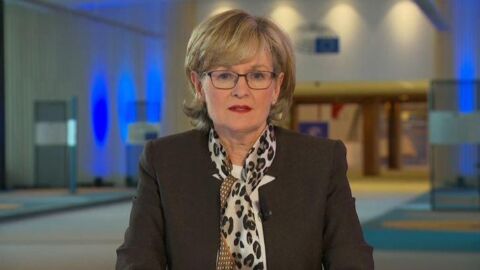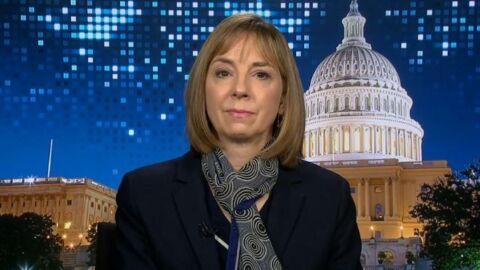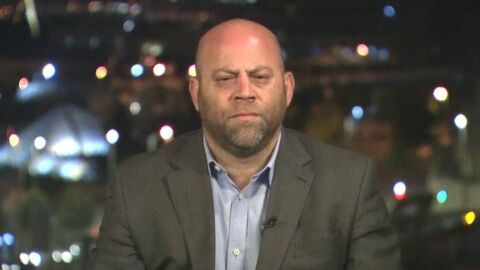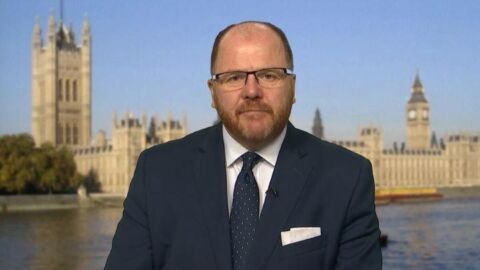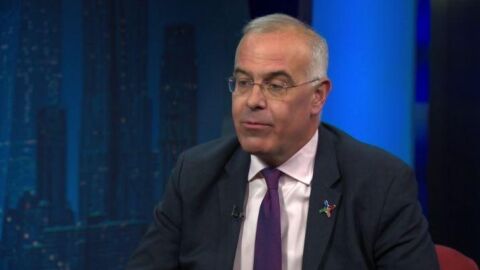Read Transcript EXPAND
CHRISTIANE AMANPOUR: The vote for Brexit wasn’t a massive victory. It wasn’t like it was 90 percent of the country to 10 percent or even 60/40. It was quite narrow. And yet, it appears that the Prime Minister and obviously her hardline flank have believed that this was just to honor those who voted for Brexit, that slim majority.
GEORGE FREEMAN, BRITISH CONSERVATIVE MP: I think that’s right. I think with the benefit of hindsight, I would have voted for, you know, a 60 percent majority as in most of the companies I have worked in and the articles of the companies, you have a threshold. You don’t allow a company to be bought out on only 51 percent of the shareholders, right? But there we are. I’m afraid that victory, 52/48, was a moment I think to say to the country, “Look, the 48 might have lost but they didn’t lose the right to a voice and their concerns are perfectly legitimate.” We have to now reach out and yes, leave the European Political Union but in a way that the 48 percent can respect.
Similarly, after the general election in which the prime minister sort a conservative mandate for a pretty hardcore Brexit and lost it, that again was a moment where she should have said unfortunately the mandate is now in Parliament, not in any party. This will now have to be across party Brexit. And I think if we worked more closely with senior backbenchers for more parties, not just Jeremy Corbyn but backbenchers, chairs of select committees, we could have I think found a Brexit that would have got through the House of Commons quite easily. This failure is a failure to find a way that the House could vote for Brexit.
AMANPOUR: Well, you just talked about the incredible stress and pressure that MPs are under, you yourself included. And you have been quoted in “The Times of London”, the newspaper, saying, “I have never seen people so exhausted, so stressed, people bursting into tears at meetings, particularly the newer members.” And one of your colleagues, also Conservative, has resulted to hiding in a cupboard when things get too much. I mean all to say there is now focus on the actual stress that you people who are meant to be making these massive decisions are under. How bad is it?
FREEMAN: Well, it’s pretty bad. But I don’t want to ask for sympathy. I mean you don’t go into public office, you don’t go into politics expecting sympathy for the conditions. This is a national crisis. We started it and we’ve got to solve it. It is true that the irreconcilable contradictions of Brexit, the promises that were made, the daft lies, all of the idiotic stuff of the political campaign are coming home to roost. And in an age when deference for anybody in authority in the west seems to be sliding, this sort of angry post-alterity, post-crash, bank bailout, globalization, fear of economic insecurity sweeping the whole of the west, here in Britain that is now being focused on Parliament.
About This Episode EXPAND
Benjamin Netanyahu wins the Israeli election. Experts weigh in on how and when and even if Brexit will happen. Author David Brooks discusses America’s spiritual and moral crisis.
LEARN MORE
